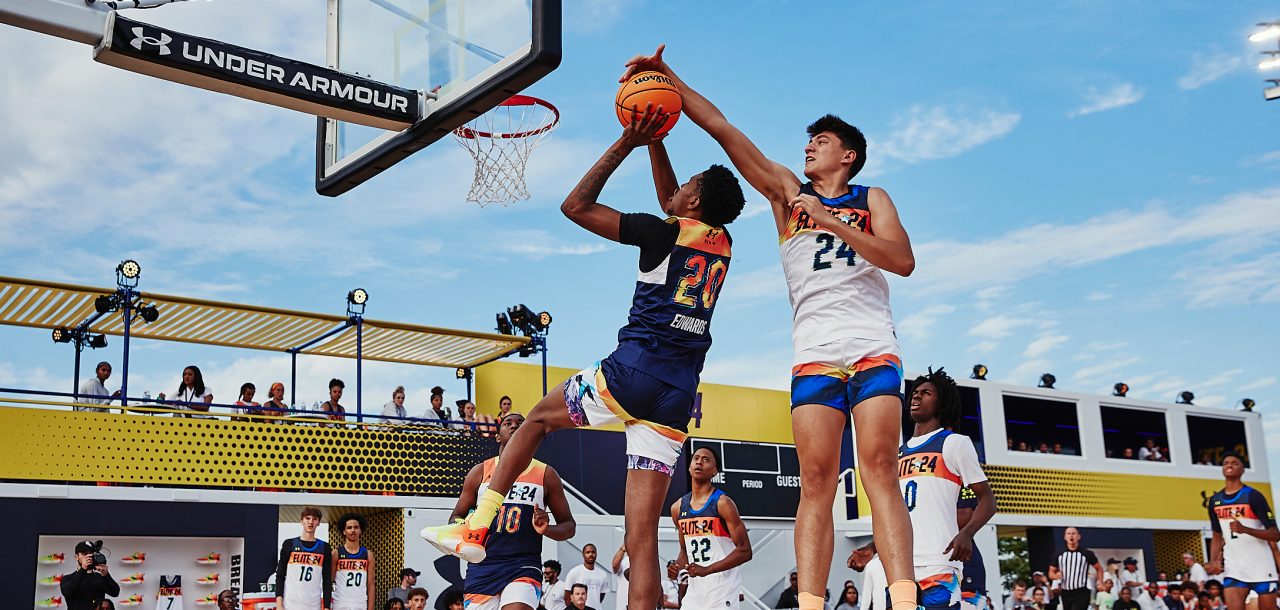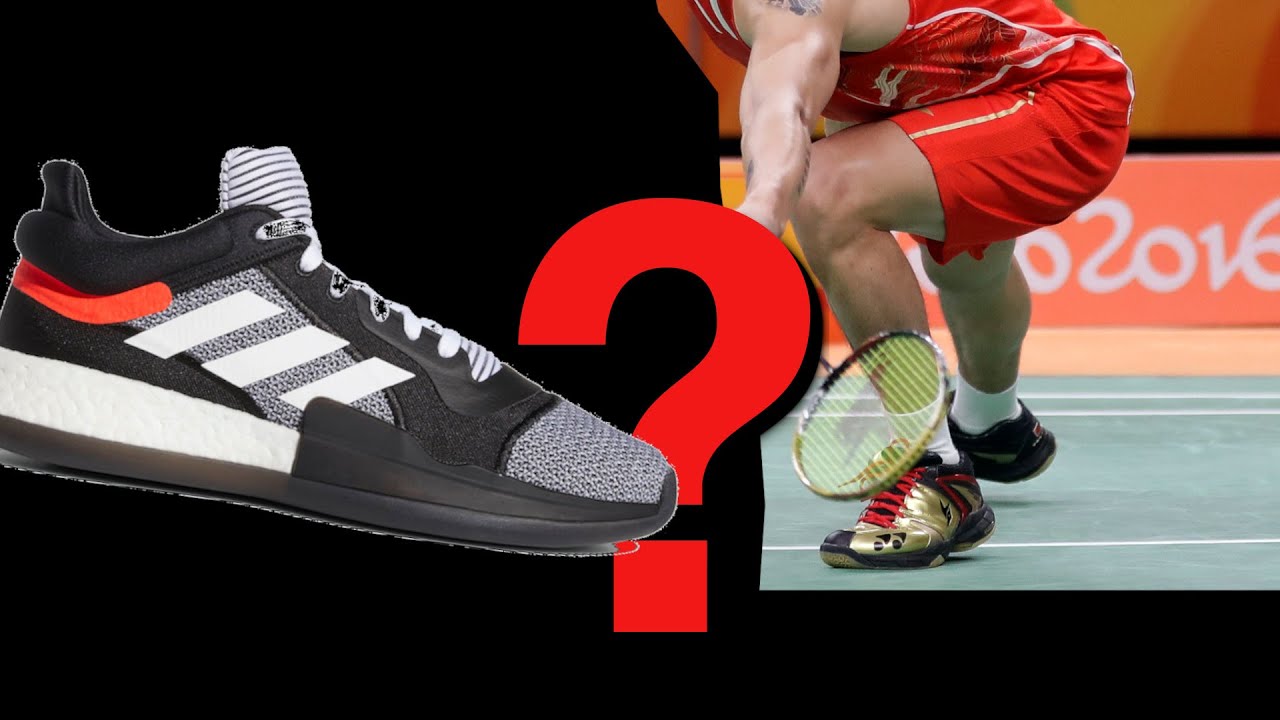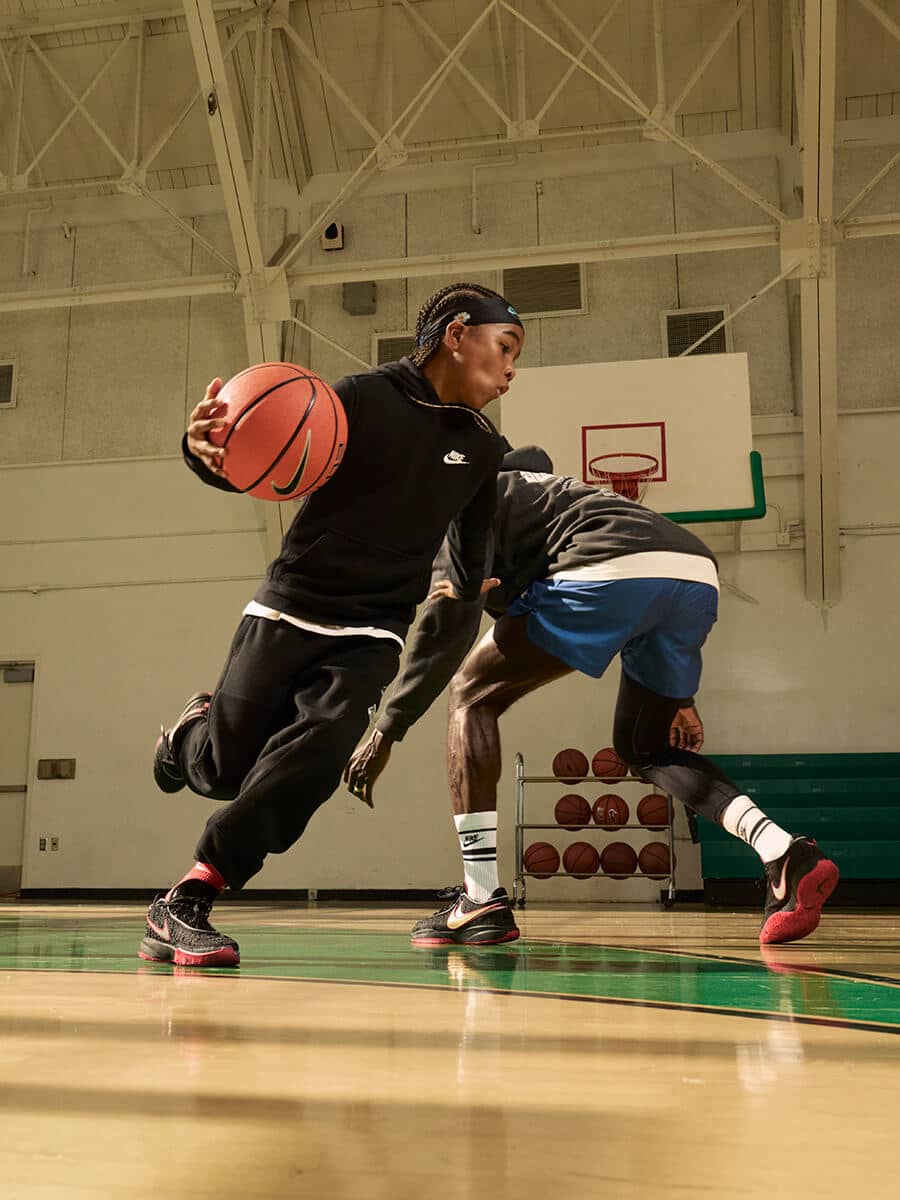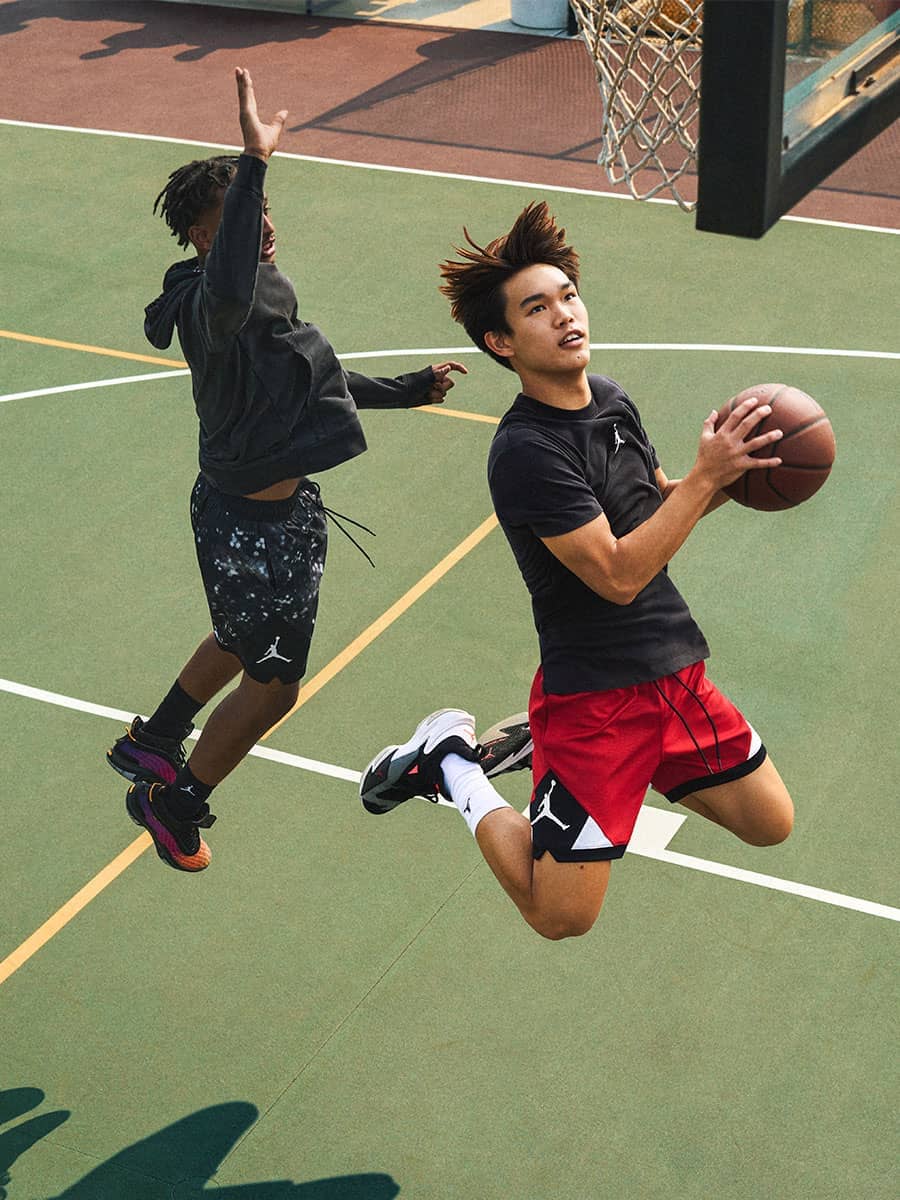It’s a common scene in the NBA – a player takes a tumble, and as they struggle to get back on their feet, their teammates continue playing without offering a helping hand. This phenomenon has sparked much debate among basketball fans and analysts. Let’s delve into some possible reasons behind this behavior and explore the dynamics at play within the high-stakes world of professional basketball.
The Competitive Nature of the Game
In the fast-paced, competitive environment of the NBA, every second counts. A player’s primary focus is often on maintaining momentum and securing a win for their team. This intense drive to succeed can overshadow the instinct to assist a fallen teammate, as it might momentarily disrupt the flow of play. As a result, players are inclined to prioritize the game’s outcome over individual acts of sportsmanship, such as helping an opponent up.

Credit: www.umc.edu
Rivalry and Mind Games
At the elite level of professional sports, rivalries and psychological tactics are prevalent. By refusing to assist a fallen opponent, players might seek to assert dominance or undermine the confidence of their rivals. This calculated move can be part of a larger strategy to gain a mental edge over the opposing team, creating an atmosphere of psychological warfare aimed at destabilizing the morale of the competition.

Credit: about.underarmour.com
Physical and Mental Exhaustion
Playing in the NBA demands peak physical prowess and mental resilience. In the heat of a high-stakes game, players are often physically and mentally exhausted. This exhaustion can affect their empathy and awareness, making them less likely to assist a fallen opponent amidst the rigors of fast-paced gameplay, where split-second decisions carry immense weight.
Preserving Professionalism and Boundaries
While acts of sportsmanship are commendable, some players may view helping an opponent up as an interference with the professional boundaries of the game. By refraining from assisting an opposing player, they aim to uphold a sense of professionalism and detachment, keeping personal gestures separate from the intensity of competition. This distinction helps them maintain focus on the task at hand – winning the game.
Social and Cultural Factors
Within the context of the NBA, social and cultural dynamics can influence player behavior. In some cases, the unwritten rules of the game, shaped by a competitive and sometimes confrontational culture, dictate that individual acts of sportsmanship take a back seat to the overarching objective of winning. These norms and expectations can influence players’ on-court conduct, steering their actions away from assisting fallen opponents.
Encouraging Acts of Sportsmanship
While the reasons behind not helping each other up on the NBA court are rooted in competitive and psychological dynamics, there is an increasing push for fostering positive sportsmanship. This can involve shifting the cultural norms within the league and portraying acts of assistance as a sign of respect, regardless of the competitive intensity of the game. Encouraging mutual respect and sportsmanship can help reshape the narrative and promote a more positive on-court environment.
Frequently Asked Questions Of Why Don’t Nba Players Empower Each Other Up? : Unveiling The Missing Link
Faq 1: Why Don’t Nba Players Help Each Other Up?
NBA players don’t always help each other up due to the fast-paced nature of the game. When players fall, they prioritize getting up quickly to prevent disadvantage.
Faq 2: What Is The Significance Of Helping Each Other Up In Nba?
While helping each other up is a sign of sportsmanship, NBA players focus more on winning the game. The priority lies in maintaining momentum and strategizing for success.
Faq 3: Are Nba Players Encouraged To Help Each Other Up?
Although it’s not explicitly encouraged, NBA players do show acts of sportsmanship by offering a hand to their fallen opponents during breaks in play or in non-competitive situations.
Conclusion
In the high-stakes world of professional basketball, the reasons behind NBA players not helping each other up are multifaceted, stemming from the competitive nature of the game, psychological tactics, exhaustion, professional boundaries, and prevalent social and cultural factors. While these dynamics are deeply entrenched in the sport, there is an opportunity to promote positive change and foster an environment where acts of assistance and sportsmanship are valued. By understanding and addressing the underlying reasons, the NBA can work towards creating a more respectful and sportsmanlike atmosphere on the court.


